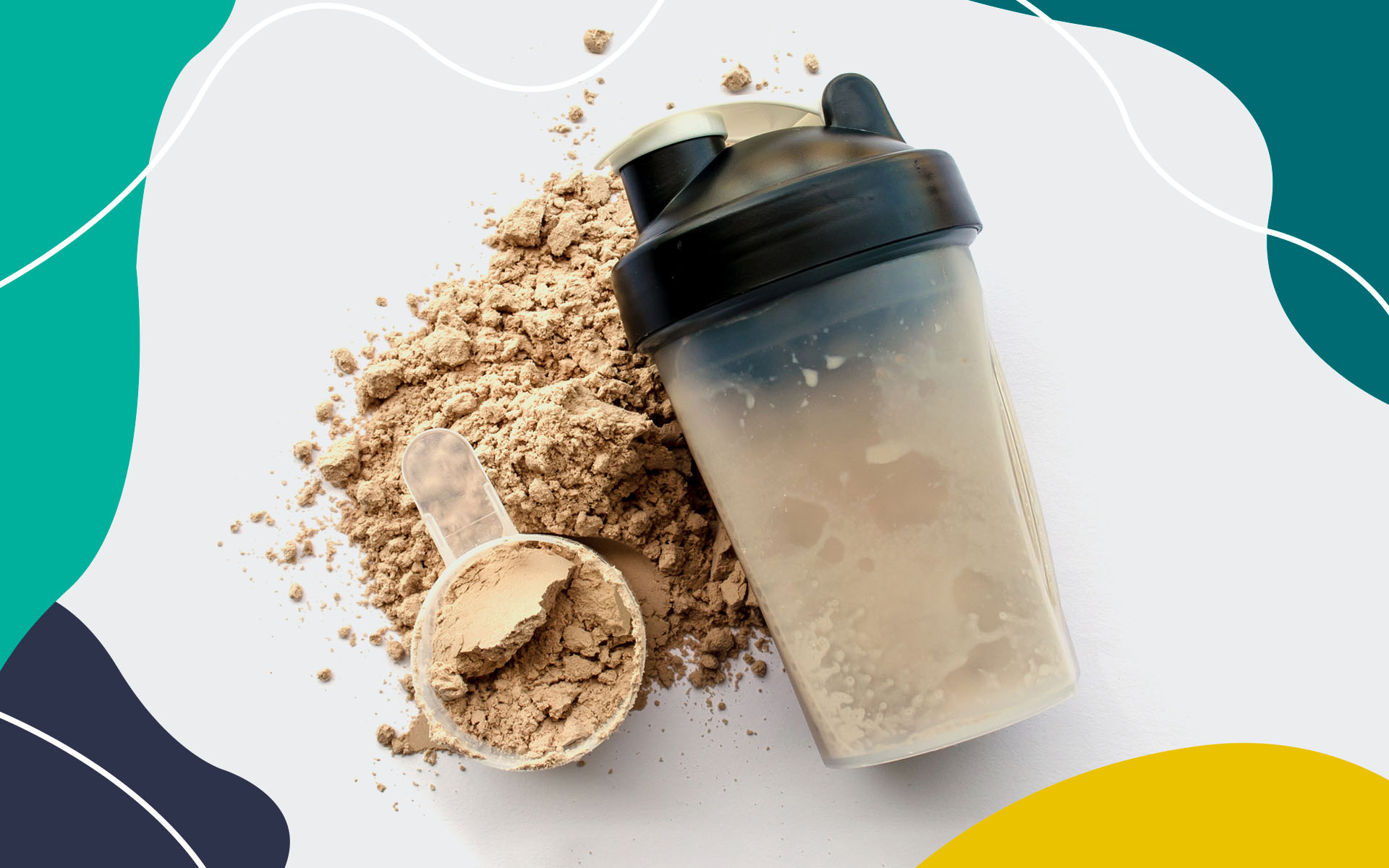
Body + Mind is reader-supported. We may earn an affiliate commission when you buy through some of the links on our site.
Anyone looking to eat healthier will come across a variety of supplements. You’ll find tablets and powders for just about anything, from fish oils to vitamins. You’ll also see endless options for protein powder. It’s a massive market for health-conscious people, but is protein powder healthy?
As with any popular food or diet, some myths and stories have formed around protein powder. If you’d like to try it out but you’re not sure if it’s safe, it’s time to do some research.
Check out these common protein powder myths to discover if it’s actually healthy. When you know what you want from your protein and what to look for, you can use it every day to achieve optimal results.
Most people would agree that everyone needs protein, especially when you’re young and still experiencing growth spurts. While kids need to get well-rounded meals and daily nutrition through whole food, it isn’t necessarily in their best interest to use protein powder in addition to their meals.
When kids have too much protein, it reduces their calcium absorption because it hurts their liver. Unless their doctor recommends otherwise, children are better off getting protein from sources like meat and eggs, which offer other nutritional benefits.
Another rumor causes people to believe that protein powder causes kidney damage. Although people with existing kidney disease can cause further intestinal damage by consuming a high-protein diet, most people are fine with daily protein powder servings.
A Johns Hopkins study found that healthy people maintained normal kidney function after adding protein powder to their diet. The myth is most likely related to the concern that kidneys work harder after blood pressure rises due to a high-protein meal, but the Johns Hopkins study confirms this is not the case.
Bodybuilders often use protein powder to build muscle, so many people wonder if it also causes weight gain. When paired with a diet that minimizes whole-food protein, a powdered supplement won’t cause weight gain. It only adds weight when you consume protein powder along with a high-calorie, high-protein diet.
Now that you’ve read about the most common protein-related myths, it’s time to learn how to use it in healthy ways. The first step is to learn about your body. You should meet your body’s daily protein needs by researching the recommended grams per day.
The USDA advises that women aim for 46 grams and men consume 56 grams of protein every day. However, this will change based on your age and activity level. If you don’t go overboard with your protein intake, your body will burn through and benefit from the powdered supplement.
You can also strategically time your protein intake to get the best results. After you exercise, your muscles have minor tears that would typically take a few days to mend before the muscle could function properly.
When you use protein powder after a workout, it heals those muscle tears and helps it burn through calories faster. Try to use your protein powder only after exercising or in place of a singular protein source at a meal to see real-time results.
Another critical factor to remember is all the nutrients that come with whole foods. When you get most of your daily protein from sources like meats, nuts and eggs, your body also absorbs minerals, vitamins and antioxidants that protein powders lack. It’s easier to make a shake, but whole food is healthier for you in the long run.
Make sure to research your protein powder before you buy it. Some companies add sweeteners and calories to their blends, which could complicate your diet or lifestyle. As long as you know what you’re buying, how much to use every day and not to depend on it as your sole source of protein, you can enjoy all the health benefits that protein powder offers. Consider adding some high-protein vegetables to your diet to help you cut back on your powder intake. However, protein powder can be healthy for you as long as you choose a brand that aligns with your goals.
Your email address will only be used to send you our newsletter, and at any time you may unsubscribe. For more information, see our Privacy Policy.